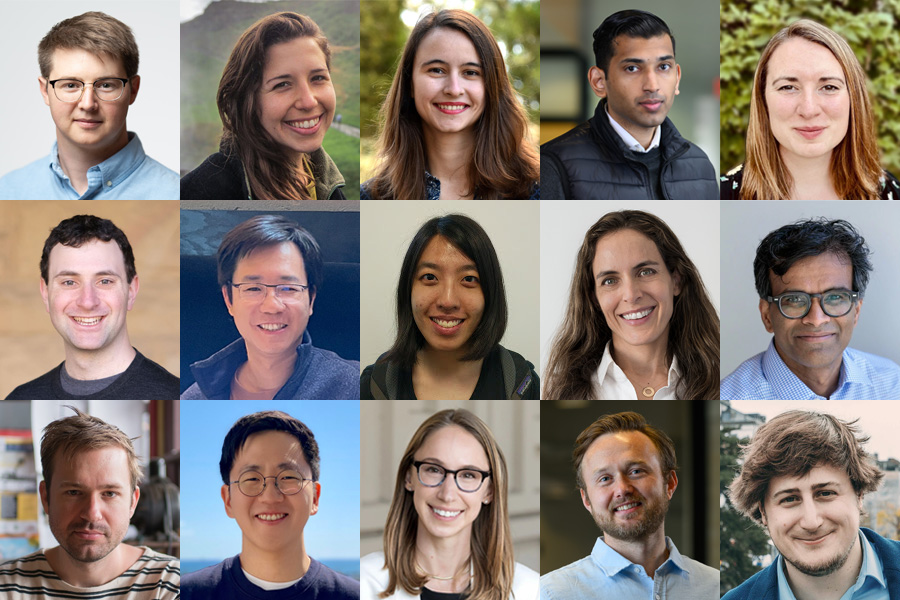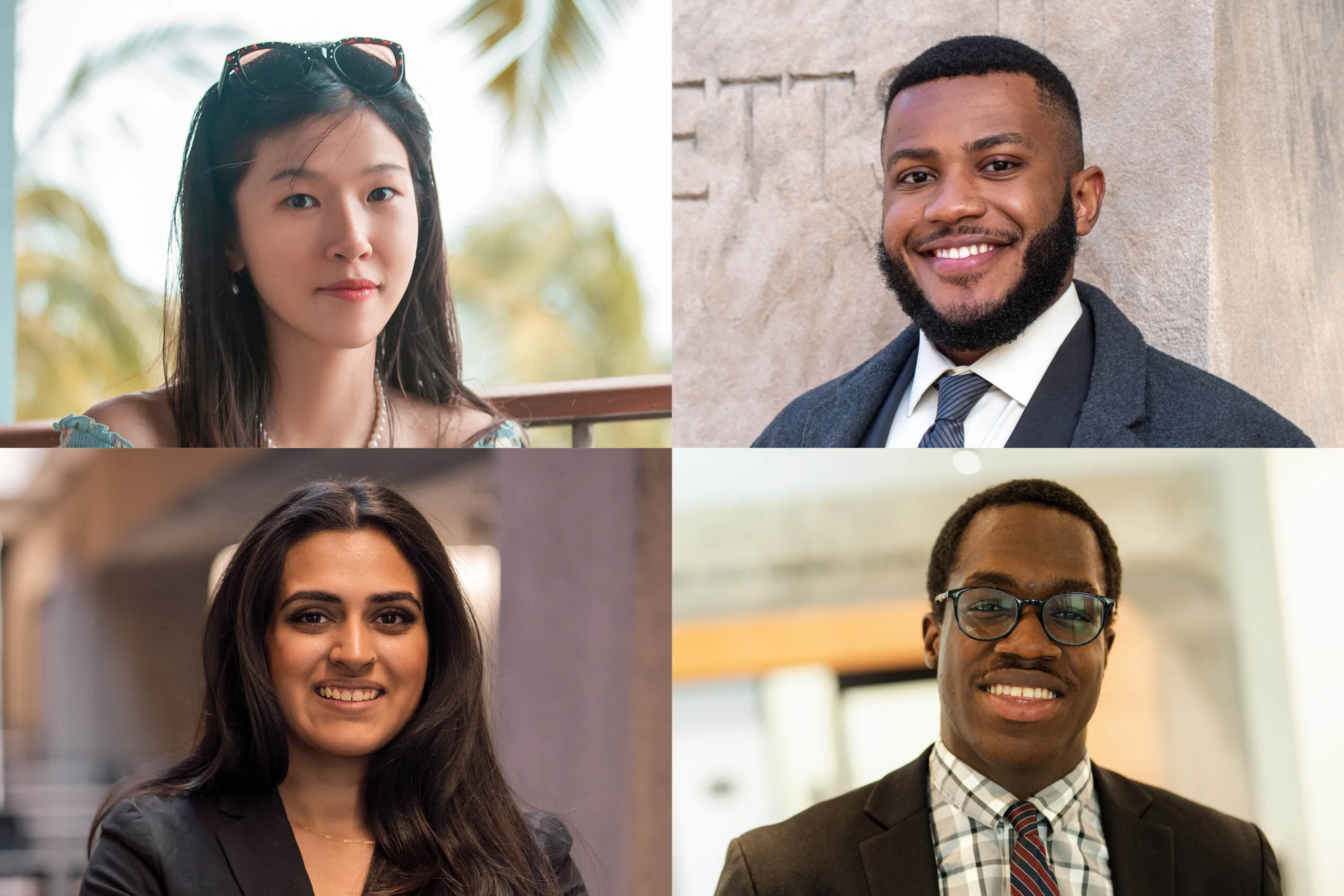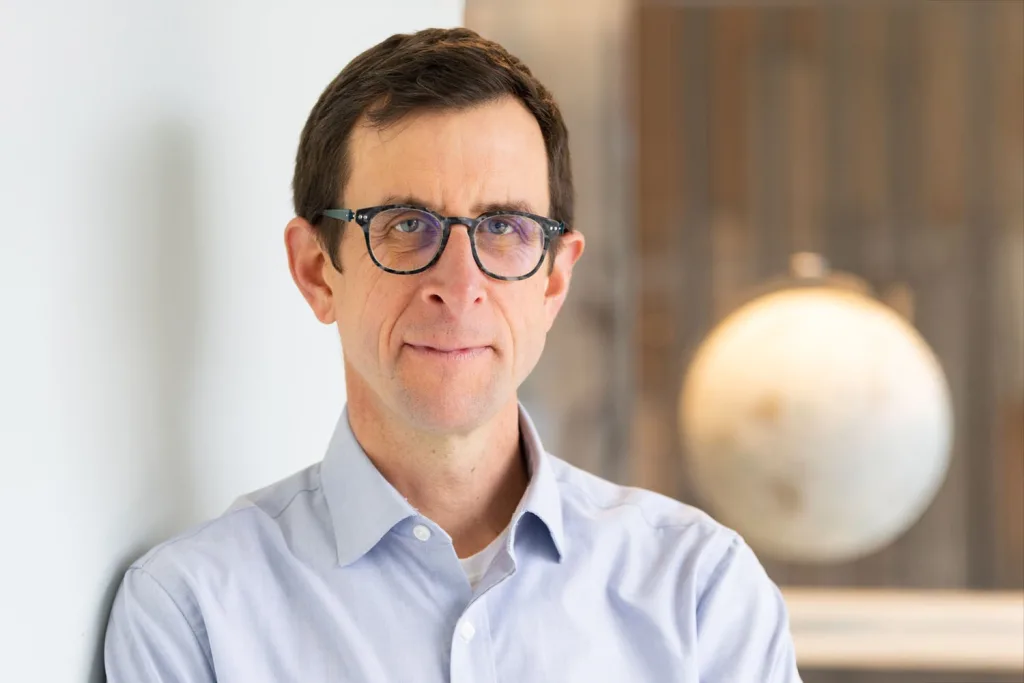The MIT School of Engineering is thrilled to announce the addition of 15 new faculty members across six academic departments. These dynamic individuals, who either have recently commenced their roles at MIT or are set to do so in the coming year, bring a breadth of research expertise in multiple disciplines.
What’s particularly striking about this new cohort is their interdisciplinary focus. In addition to their positions within the School of Engineering, several faculty members hold appointments in other MIT departments. Specifically, faculty from the Department of Electrical Engineering and Computer Science (EECS) are affiliated with both the School of Engineering and the MIT Stephen A. Schwarzman College of Computing. This year, there are also joint appointments involving the School of Engineering and the School of Humanities, Arts, and Social Sciences as well as the School of Science.
“I am delighted to welcome this talented group of new faculty to the School of Engineering,” states Anantha Chandrakasan, who serves as the chief innovation and strategy officer, dean of engineering, and Vannevar Bush Professor of Electrical Engineering and Computer Science. “The interdisciplinary focus of many in this group is particularly impressive, as they are engaged in research that is positioned to make significant impacts. I eagerly anticipate their development as both researchers and educators.”
Meet the new faces joining the engineering faculty:
Stephen Bates has taken on the role of assistant professor in the Department of Electrical Engineering and Computer Science as of September 2023. He is also associated with the Laboratory for Information and Decision Systems (LIDS). Bates specializes in leveraging data and artificial intelligence to support reliable decision-making despite uncertainty and works on applications in life sciences and sustainability. His academic journey includes a BS in statistics and mathematics from Harvard University and a PhD from Stanford University.
Abigail Bodner has joined both the Department of EECS and the Department of Earth, Atmospheric and Planetary Sciences as an assistant professor this January. Also a LIDS member, Bodner’s research encompasses climate studies, physical oceanography, and geophysical fluid dynamics. She has a rich background, having previously been a Simons Junior Fellow at the Courant Institute of Mathematical Sciences at NYU, and holds multiple degrees in geophysics and applied mathematics.
Andreea Bobu, an MIT alumna from the class of 2017, will become an assistant professor in the Department of Aeronautics and Astronautics this July. Her work merges robotics, mathematical human modeling, and deep learning, focusing on how humans and machines can effectively collaborate. Bobu previously served as a research scientist at the Boston Dynamics AI Institute and holds a PhD from UC Berkeley.
Suraj Cheema will assume the role of assistant professor in the Department of Materials Science and Engineering with a joint appointment in the Department of EECS starting this July. His innovative research targets atomic-scale engineering of electronic materials for sustainable energy solutions. Cheema’s educational credentials include a BS in applied physics and applied mathematics from Columbia University and a PhD in materials science from UC Berkeley.
Samantha Coday is set to join the Department of EECS as an assistant professor in July. She focuses on ultra-dense power converters that facilitate renewable energy integration for hybrid electric aircraft and space exploration. Coday received her BS in electrical engineering and mathematics from Southern Methodist University and holds both an MS and PhD in electrical engineering and computer science from UC Berkeley.
Mitchell Gordon is anticipated to join the Department of EECS as an assistant professor in July 2025. His research investigates the intersection of human-computer interaction and machine learning to design interactive systems. Before this, he completed a postdoc at the University of Washington, holding degrees from the University of Rochester and Stanford University.
Kaiming He has joined the Department of EECS as an associate professor this February, also becoming a part of the MIT Computer Science and Artificial Intelligence Laboratory. His extensive research spans computer vision and deep learning, aiming to create AI models that learn meaningfully from the real world. Previously, He was at Facebook AI and holds a PhD from the Chinese University of Hong Kong.
Anna Huang SM ’08 will contribute to the departments of EECS and Music and Theater Arts as an assistant professor starting in September. She brings expertise in music technology, having worked at Google Brain and DeepMind developing generative AI models supporting music-making initiatives. Huang holds multiple degrees related to music and computer science from leading institutions.
Yael Kalai PhD ’06 is joining the Department of EECS as a professor in September. She focuses on cryptography and the theory of computation, exploring both theoretical and practical applications of cryptographic techniques. Kalai has an impressive academic background, including a PhD from MIT.
Sendhil Mullainathan will commence his role as a professor in the departments of EECS and Economics this July, employing machine learning to dissect complex issues pertaining to human behavior and social policies. After spending years at Harvard and the University of Chicago, he returned to MIT with a wealth of experience, holding multiple degrees from prestigious universities.
Alex Rives is set to join the Department of EECS as an assistant professor in September, also becoming part of the Broad Institute. His exciting research focuses on leveraging AI for biological discovery and design. Rives has worked as a graduate student at NYU, where he contributed significantly to the development of language models for proteins, and has degrees from Yale University and is completing his PhD at NYU.
Sungho Shin will be an assistant professor in the Department of Chemical Engineering starting this July. His research delves into control theory and optimization algorithms as applied to complex system decision-making. He brings postdoctoral experience from Argonne National Laboratory and has received a PhD in chemical engineering from the University of Wisconsin-Madison.
Jessica Stark has joined the Department of Biological Engineering as an assistant professor in January. Her groundbreaking research aims to unlock the potential of glycans for enhancing immunological therapies. Stark’s background spans prestigious academic institutions, holding degrees in chemical and biomolecular engineering.
Thomas John “T.J.” Wallin began his role as an assistant professor in the Department of Materials Science and Engineering in January. His focus lies in advanced manufacturing and soft wearable technologies for human-computer interfaces, backed by experience at Meta’s Reality Labs. Wallin’s educational journey includes degrees in physics and chemistry from the College of William and Mary, followed by advanced study in materials science.
Gioele Zardini joined the Department of Civil and Environmental Engineering as an assistant professor in September. His research interests cover sociotechnical systems design and decision-making in infrastructure, drawing from experiences at leading institutions like ETH Zurich. Zardini’s academic credentials include degrees in mechanical engineering with a focus on robotics.
Photo credit & article inspired by: Massachusetts Institute of Technology



